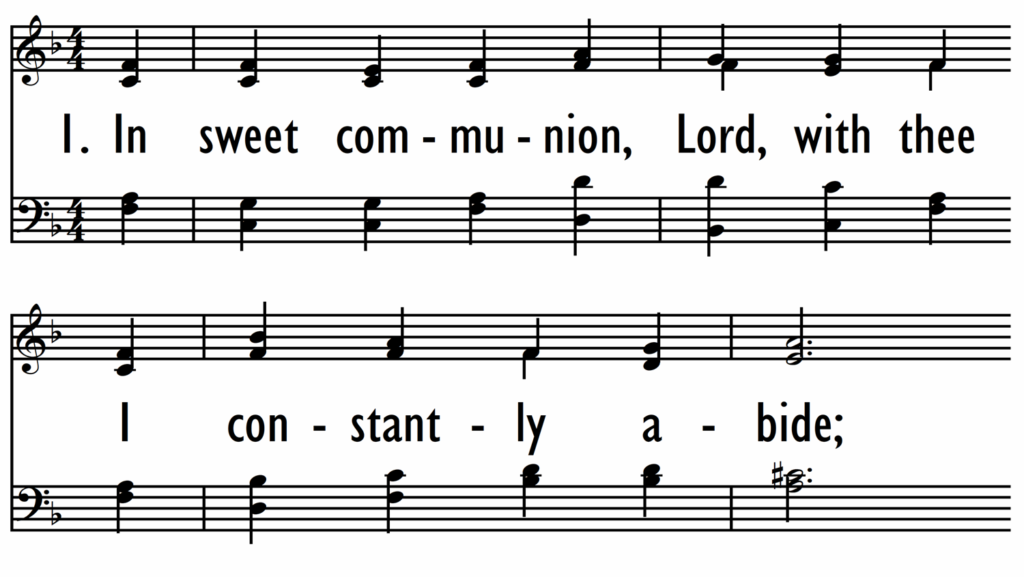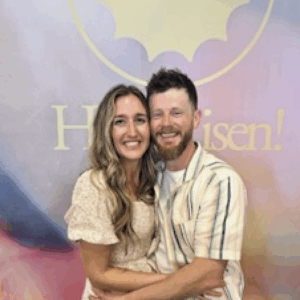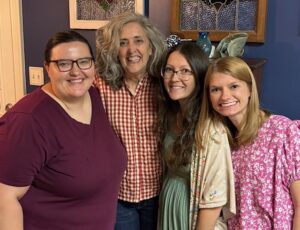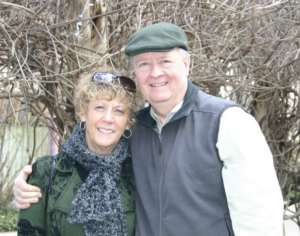The first time I proclaimed a word over the whole year at the beginning of it, I was drunk. It was somewhere after midnight on New Year’s Eve, and I was at Waffle House. This was in the eighties — the lost decade for me — and I was the kind of drunk who thought everything was wonderful and funny while I was drinking. If I was in Waffle House that night I’m sure I was telling everyone that this waffle tastes better than any waffle I’ve ever had before. I was that kind of drunk — the kind that makes a party out of everything, even at Waffle House … Home of Bad Decisions.
I don’t remember why I thought to do it, but I remember telling everyone at my table that I was proclaiming that year — the year we had all just rung in at some bar — the Year of The Waffle House. And in the moment, it sounded so meaningful. In fact, it did not lose its meaning when I sobered up. I lived that whole year telling everyone this was The Year of the Waffle House (you never sound so bright and witty to yourself as when you’re drinking) and I was so impressed with the thought that the next year I intentionally went to Waffle House early in the morning on New Year’s Day (again … not sober ) so I could also proclaim that year as the Year of the Waffle House … TWO.
The bad news in this story is that I probably had another eight years beyond that of finding my drunken way to Waffle Houses in the middle of the night before I would finally come to Jesus and find my way out of that wilderness and into sobriety.
The good news is that I’m still alive to talk about it and somewhere around the age of 29, Jesus in his mercy saved me from myself. Jesus literally saved my life from a pit of meaninglessness and wandering … so thank you, Jesus, for coming into this world and doing for us what we cannot do for ourselves.
And that practice of claiming a word over the year? It is the one thing that survived those drunken years. That practice got redeemed when I got sober, and God began to use it in my life. I brought it with me into ministry, and it has become a very meaningful part of the annual rhythms of listening for where God is at work and wants to take his people. And whodathunkit? It was born at Waffle House.
So now, every year, somewhere around October or November, I begin to reflect on the year we’ve had and I’ll spend intentional time in prayer seeking God and asking how he would have us focus in the year ahead. Often (in fact, it seems almost always) he gives me a word that acts almost as a banner over the year to come. I haven’t heard “Year of the Waffle House” since the late eighties, but some years the words have been profound and they have shaped not just me but our faith community.
For those of us at Mosaic, the word over 2021 was “prepare.” To understand that word, we spent January studying John the Baptist, whose call was to prepare the way of the Lord. We explored the kinds of things God might be preparing us for …
- preparing for the next Methodism … a movement in which we are participating.
- preparing for the return of our people from COVID exile, and for the new ones who would come, too. And he also prepared us to let go of those who would move on.
- preparing for spiritual shifts inside our church.
- preparing for coming revival and renewal in the global Church of Jesus Christ.
When I look back on 2021, I can see the ways God has prepared us and helped us to prepare. Last year, it felt like we were crawling like starving people toward January 1, hoping we’d find something to keep us alive, hoping we’d discover in this year an end to what we assumed would be the worst of it. This year, things are still what they are, pandemic-wise, but even in the spikes it feels somehow like we’re learning how to live with this world as it is. Its as if God is building our collective stamina. Despite the disappointments, I can say that I’ve seen God move this year in pretty miraculous ways. I hope you can, too.
So … what’s the word for 2022? The one I’ve heard, and that we’ve already begun to talk about around Mosaic, is “Communion.” Not just eucharist, but fellowship, too. The adjective I want to put with that word is “sweet”. As in, “sweet communion.” Because somehow what I sense God wants us to get from this concept is that kind of loving and gentle fellowship that brings joy and rest to our souls … sweet communion.
I believe the world is ripe for some sweet communion. We are hungry for the kind of fellowship that builds new life into friendships and builds us into “family.” We’re starving for the kind of community that pushes back against the isolation we’ve gotten too used to. Maybe with this word, God is calling us to do a counter-intuitive thing and remember how to be with each other. How brilliant that he would inspire us to use the sacrament of The Lord’s Supper to practice that kind of presence with each other as we practice the Presence of Christ.
This call to communion is first of all a call to honor God’s invitation — to quote from that famous spiritual, “Hokey Pokey” — to put our whole selves in. It is a call to deeply honor the body of Christ and his redemption of our created order through resurrection. It is an invitation to draw near to God with our whole beings. I sense that one of our responses to God’s word over 2022 is to imagine what Communion — the celebration of the body of Christ — can look like going forward. For us at Mosaic, that means gathering more often as a family not only at Christ’s table, but at each other’s tables. Four times this year, we’ll be very intentional about organizing table fellowship in homes after we share in The Lord’s Supper together in worship. And we’ll encourage organic gathering during other times as well. This word inspires us to consider how this practice of sweet communion might become part of our corporate renewal, something we recapture because it can be a sign of the Holy Spirit at work among us. When we’ve made room for the common life to take hold, I believe we will recover our sense of belovedness. Because “together” is how we are designed to work. Community is essential. It is how we care for one another and how we embody God’s love.
If the pandemic has taught us anything, it has definitely taught us that we need a community of people we’re not paid to be with, who are not our family but our choice, who reflect our deeply held values, so that we are part of something bigger than ourselves. This idea nothing new. It is all over the New Testament:
- “We are both God’s workers. And you [plural] are God’s field. You [plural] are God’s building.” (1 Corinthians 3:9 NLT)
- “Don’t you realize that all of you together are the temple of God and that the Spirit of God lives in you?” (1 Corinthians 3:16 NLT)
- “We are carefully joined together in him, becoming a holy temple for the Lord.” (Ephesians 2:21 NLT)
- “And you are living stones that God is building into his spiritual temple.” (1 Peter 2:5 NLT)
And as the writer of Hebrews challenged: “Therefore, brothers and sisters, since we have confidence to enter the Most Holy Place by the blood of Jesus, by a new and living way opened for us through the curtain (that is, his body) and since we have a great priest over the House of God … let us draw near …” There is a call on our lives to draw near to His body, in all the ways that can happen, so we can encounter God’s Kingdom on earth.
So here is my question and my invitation as we end one year and begin again in a new one. What does the fact of Jesus — the real flesh and blood Jesus, who cried when he was a baby, got physically lost in a crowd as a teenager, used his own spit to heal a blind man as an adult, suffered and bled as Messiah, showed up again after dying with wounds that could be touched … What does the gift of that Jesus lead you to do in 2022?
I hope you wrestle with that question and find a call in it. What does the fact of Jesus lead you to do in 2022? How will His presence change how you show up? How will you put your whole self in? How will you draw near, for the sake of the Body of Christ and the love of God’s Kingdom?








